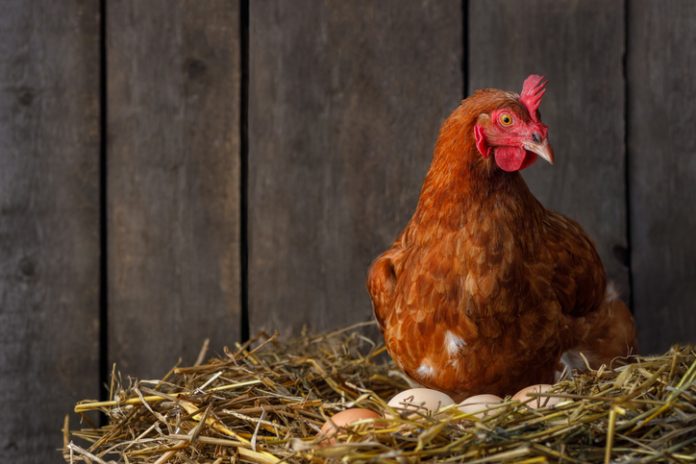New USDA poultry rule slammed as ‘Bidenomics causing record inflation’ by farmers who say it will increase paperwork, prices, and lawsuits.
By Victor Skinner
(The Center Square) – Contracted farmers and poultry dealers are preparing to adhere to the U.S. Department of Agriculture’s dealer disclosure document on pay for growers, flock losses, food shortages, and complaints from farmers about food provided.
But not quietly.
“This is the latest example of Bidenomics pushing increased regulations, red tape and costs onto businesses causing record inflation and input costs, and threatening food security and potentially raising grocery bills even further for Americans,” President Mike Brown of the National Chicken Council said in a statement.
The U.S. Department of Agriculture plans to impose a final rule under the Packers and Stockyards Act the department describes as a “comprehensive approach to address the many, complex competition issues in agricultural markets and create a fairer playing field for small- and mid-size farmers.”
Critics contend it is “designed to chum the water for lawsuits.”
North Carolina ranks second in turkeys and fourth in broilers nationally, part of a nearly $40 billion impact to the state’s top industry. The state is home to more than 5,700 family farms, according to the North Carolina Poultry Federation.
The council criticized the short timeline of about two months to retroactively amend 25,000 contracts, as well as the extensive manpower and costs to comply. The council suggests the rule will ultimately “hurt everyone who touches chicken – growers, companies, and consumers.”
The final USDA rule requires large live poultry dealers to provide growers contracted to raise birds with a “Live Poultry Dealer Disclosure Document” that details information on earnings for growers, minimum flock placements, variable costs for growers, and how the companies address flock losses from disease and natural disasters. It also requires the companies to guarantee minimum flock placements.
The changes are aimed at addressing complaints from farmers who raise birds for large processing companies that the agreements can lead to less than anticipated profits and debt from facility upgrades.
The proposed rule, which exempts dealers that slaughter less than 2 million pounds of live broilers weekly or 104 pounds annually, is set to take effect 75 days after it’s published in the Federal Register, which will likely be in late January.
“It’s high time that poultry growers get the benefit of robust transparency – upfront and ongoing – to clean up the broiler chicken market of deceptive practices,” Andy Green said in a statement. He’s the USDA senior advisor for Fair and Competitive Markets. “This Poultry Transparency Rule in particular lays down a powerful marker that USDA stands on the side of market integrity and fairness for farmers.”
The North Carolina Poultry Federation referred comment on the changes to the National Chicken Council. It said the new rule will raise costs, encourage frivolous litigation, and destabilize the current compensation system.
“Make no mistake, this isn’t about transparency,” Brown said in his statement. “This rule was specifically designed to chum the water for lawsuits. It is just the first salvo in the administration’s attempts to resurrect failed policies that would dismantle a successful industry structure that has benefited farmers, chicken companies and ultimately consumers all around the world.”
The council says, “The requirement that contracts specify minimum annual placements and minimum stocking densities goes well beyond mere disclosure, imposes terms on private contracts, and would wrongfully impede the ability to adjust to market dynamics, including pandemics, natural disasters and weather events.”
Originally published by The Center Square. Republished with permission.
For more Budget & Tax News.












“…less than 2 million pounds of live broilers weekly or 104 pounds annually…” seems absurdly incorrect.
Anything that attacks industrial agriculture is OK in my book…except handing it over to the bureaucrap nazis in D.C.